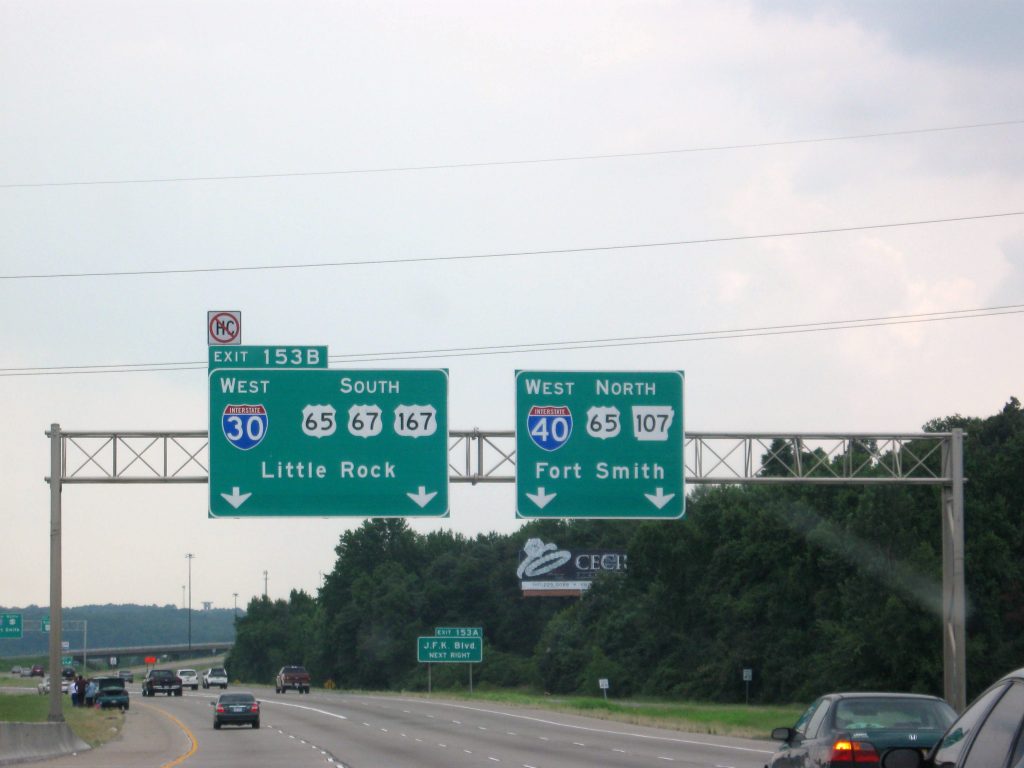Live Nativity in Washington, D.C.
A live Nativity recently was performed in Washington, D.C.
Watch this video to learn more.
A live Nativity recently was performed in Washington, D.C.
Watch this video to learn more.

Last week the Arkansas Lottery rolled out four new lines of scratch-off tickets selling for anywhere from $1 to $10 each.
We have written time and again about how scratch-off tickets prey on the poor and desperate.
A 2015 study in Canada found a link between problem gambling and instant lottery tickets, writing,
It is possible that problem gamblers are more attracted to instant win tickets than lottery tickets because instant win tickets provide immediate feedback. Some authors have even described instant win tickets as “paper slot machines” (Griffiths, 2002). Therefore, instant win tickets might be considered a more exciting form of lottery gambling, which may help explain why it attracts a different type of gambler than [ordinary] lottery tickets do.
A 2018 study published in the Journal of Behavioral Addictions also found a link between how often a person played scratch-off tickets and the severity of a person’s gambling problem.
Despite all of this, the Arkansas Lottery continues to roll out new scratch-off tickets every month and budgets nearly 71% of its revenue for prizes in an ongoing effort to prop up lottery ticket sales.

Since the beginning of November, the Arkansas Lottery has reported another $13,000 in mileage reimbursements for its employees, and $68,198.73 since since the fiscal year started on July 1, according to information on the state’s transparency website.
State employees receive 42 cents for every mile they travel on state business in their personal vehicles; some employees at the Arkansas Lottery average hundreds of dollars every month in reimbursement for their mileage.
Altogether, the Arkansas Lottery has paid its employees for nearly 32,500 miles of travel every single month, on average, since the beginning of Fiscal Year 2021.
As we have written many times, the Arkansas Lottery probably could save a lot of money by using state vehicles for travel instead of paying employees to drive their personal vehicles — or by finding ways to reduce travel in general.
Photo Credit: Airtuna08 at English Wikipedia [CC BY (https://creativecommons.org/licenses/by/3.0)]